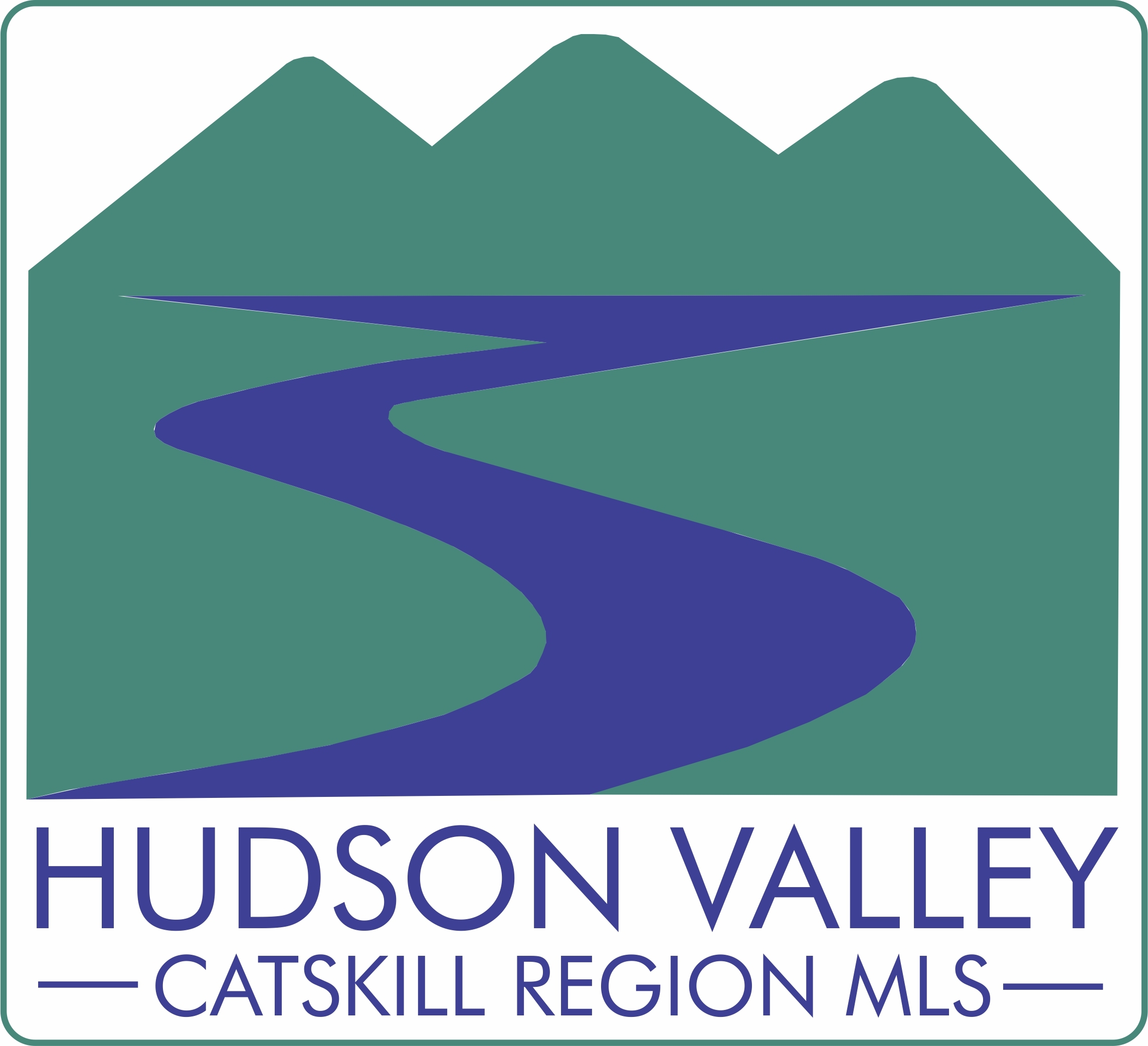 Helping Foreclosure Survivors Get Back Into the Market — and Tips for Buying a Foreclosed Property
Helping Foreclosure Survivors Get Back Into the Market — and Tips for Buying a Foreclosed Property
By Karen Davala
During the Great Recession, the National Association of Realtors® analyzed that nearly 9.3 million homeowners underwent a foreclosure, deed-in-lieu of foreclosure or a short sale. After sitting out of the market for several years to rebuild their credit, these former homeowners are slowly coming back to the market looking for another chance at homeownership. In addition, some buyers have sought to take advantage of foreclosed properties in hopes of greater affordability.
For both groups of buyers, there are some unique challenges. As Realtors, we can help our clients to navigate these waters, which can be crowded with financial and legal complications unlike typical transactions.
Let’s look at some numbers. NAR research has found that nearly a million of those former foreclosed owners have already purchased a home, and another 1.5 million are likely to purchase over the next five years. These second-time buyers are a new sources of buyer demand in the housing market.
“In spite of the difficulties and hardships they faced, these return buyers still aspire to home-ownership,” said Karen Davala, president of the Columbia-Greene Board of Realtors. “In addition to its many social benefits – such as fostering strong communities- the benefits of owning a home are still obvious to these return buyers. They still see home-ownership as one of the best ways to build equity over the long term.”
Here are some tips for helping return buyers who are hoping to once again become homeowners:
Make sure their credit is clean. All buyers should carefully evaluate their finances before beginning the search process. A homeowner who has experienced a foreclosure on a conventional loan can expect to be negatively impacted for at least seven years if the future loan will be purchased by Fannie Mae and five years if purchased by Freddie Mac. The impact lasts three years for a foreclosure of a Federal Housing Administration loan — if the consumer wants to obtain future financing through FHA. That wait can be waived if the borrower qualifies for FHA’s ‘Back to Work’ program. The impact for an owner in a short sale can vary widely, but it can be a much shorter time frame if the owner was current on his or her mortgage payments and has an otherwise favorable credit history.
“Return buyers should look at their income, savings and credit report, and collect documentation of income and cash available to prepare for the mortgage application process,” said Davala. “If your client is reentering the market after a foreclosure, it is even more important that they have all of their financial ducks in a row.”
Encourage them to get pre-approval for a mortgage. Having this information will help the home buying experience go much smoother and make your client more attractive to sellers.
Have a down payment ready. Many return buyers bought their first home when little-to-no down payments were needed. Having a sizable down payment is now an important part of the home-buying process. An FHA loan requires a down payment of at least 3.5 percent of the purchase price and a conforming loan without mortgage insurance is a minimum of 20 percent of the purchase price.
Clients should understand the Realtor advantage. Realtors are the most trusted resource for real estate information and can give return buyers the advantage they need in today’s market, including in a foreclosure transaction.
And what about buyers who are seeking to buy a home in foreclosure? These transactions can be tricky, and some “bidder beware” tips are worth noting. Foreclosures happen after an owner defaults on mortgage payments, and the property is taken back by the lender or a government agency. One big red flag for buyers: prospective foreclosure buyers do not always have access to the property being auctioned, so the condition of the property may be unclear – from general maintenance to environmental issues. There may also be problems with the property title that can be costly to clear up. In addition, the condition of a property can change between the time of the foreclosure auction and the closing date, if a disgruntled owner is involved.
Here are some tips for anyone considering a foreclosure property.
- Never buy a property that cannot be inspected ahead of the auction.
- Get a close idea of the costs involved in bringing the property back to a livable condition, and arrange financing to cover both purchase and rehab costs.
- Consider waiting until a bank “buys back” the foreclosed property, as the bank will likely make certain necessary repairs.
- Be prepared to make a competitive bid, especially for property in a good location.
- Have money in place on the day of the auction—and pay cash if you can.
- As always, a Realtor is best suited to help clients navigate the foreclosure process.
Although most Realtors are well-versed in the details of foreclosure transactions, some have received certification in Short Sales and Foreclosure Resources (SFR). To find a Realtor with that designation, you can search here.
As the leading advocates for home ownership, we believe that anyone who is able and willing to assume the responsibilities of owning a home should have the opportunity to pursue that dream, and return buyers should come back to the table with a thorough understanding of the challenges and rewards of home ownership.
By Karen Davala, GRI, SFR, is a licensed broker and agency owner, and is president of the Columbia-Greene Board of Realtors.
Print the PDF version of this article for your files




